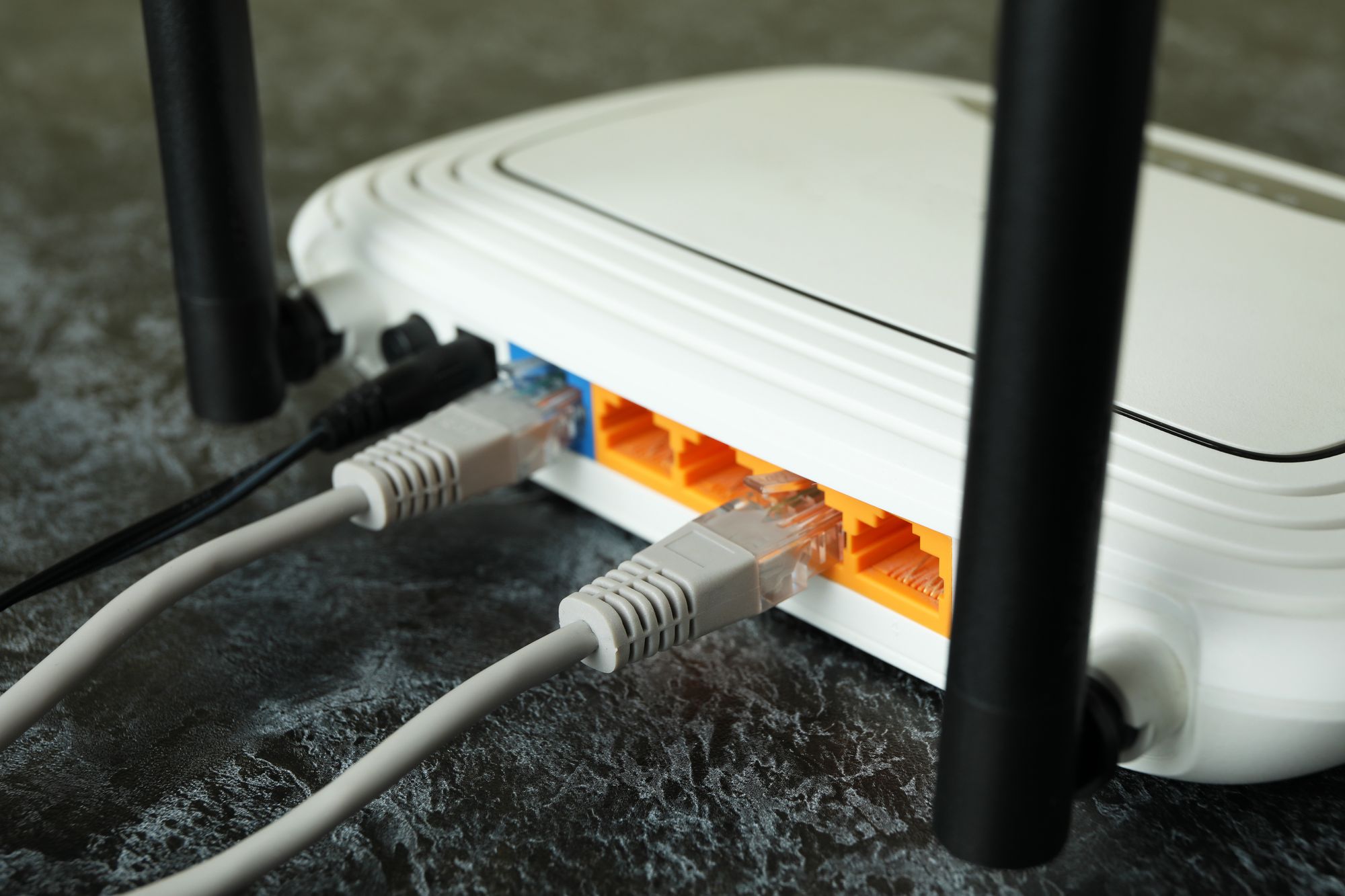Firewall: why is it important?

Controlling unauthorized outgoing and incoming traffic on a network is essential to prevent attacks that could put your information, reputation and/or money at risk.
We are coming to the end of cybersecurity month and we don't want to say goodbye without first talking to you about firewalls and their importance, since thanks to them you will be able to block any unauthorized access attempt to internal devices in your network, thus avoiding malicious attacks. Remember, when it comes to security, all precaution is little, so, let's get to the point.
Firewall
The firewall is a system (hardware or software) that protects a computer from unauthorized access from a third party network. It acts as a wall between the Internet and your computers. In other words, the firewall is the watchman that monitors the traffic of a certain network and limits the entry or exit of data from it. It works under certain rules that allow you to authorize, block and redirect a connection without the issuer's permission, allowing the installation of a filtering method according to your security policies.
On the other hand, although it is one of the most essential systems for computer security, it also has certain limitations, such as the impossibility of protecting the computer from any attack whose traffic passes through it and the inability to protect the equipment from any attack. virus by installing files or software.
The origin of firewalls dates back to the end of the 1980s, when the first hackers discovered that they could infiltrate and harm other people's computers through the Internet, which led to a series of important security breaches and malware attacks. As a result of this, the need arises to make the internet a safer place and that is how the first versions of firewalls were born as a method of filtering packets that are received by computers.
How does it work?
As we told you before, firewalls can be of two types: hardware or software. There is also a combination of both. This means that they can be applications that you install on your computer or devices that connect to it to control traffic and they can be stand-alone products or already pre-installed on a router.

Firewalls, in addition to intercepting access attempts from the outside, also usually include additional protections against the most common Trojans and email viruses. Likewise, they have the ability to analyze the traffic that enters or leaves, allowing you to configure filters for different types of traffic with which to decide what to do with each one, for example: only allow connections to servers with specific IP addresses, discarding the rest for security reasons.
At a domestic level, it is not the best option since it prevents smooth browsing, however at a business level, it is essential since by being able to analyze outgoing traffic, they can also detect if there is any malware communicating with the network, monitoring the use of corporate networks, or filtering traffic. In addition, it can also be configured, for example, so that only the browser of a company's computers can connect to the Internet, blocking access to the rest of the applications for security reasons.
Importance
The importance of firewalls is that while an antivirus helps you protect your system from unwanted programs, the use of firewalls prevents attackers or external threats from literally accessing your system.
The firewall monitors all network traffic and has permissions to identify and block unwanted traffic. The fact that most computers today are connected to the Internet provides attackers with endless potential victims. Attackers probe other Internet-connected computers to determine if they are vulnerable to various kinds of attacks. When they spot a suitable victim, they can bypass their security systems and infiltrate that team. At this point, the attacker can force the team to do just about any task they want. Attackers often try to steal personal information to commit financial fraud, and worst of all, all this activity takes place in the background, without you being aware of what is happening.
Remember that operating systems already have built-in firewalls, and many of the routers that exist today also have their modules to filter possible threats, although they are usually quite basic protections. Still, whether you have a built-in firewall or decide to buy or install one, you should never rely solely on it to protect yourself. It is important to keep in mind that they add an extra layer of security to your computer, but that does not mean that you will not be threatened by any type of malware.
And so we close this month of cybersecurity. Don't forget to read our other articles on this topic!
If you liked this article, subscribe to our blog.
Remember that you can find us on Instagram, Facebook and Twitter as @esauriook
On LinkedIn as e•Saurio

